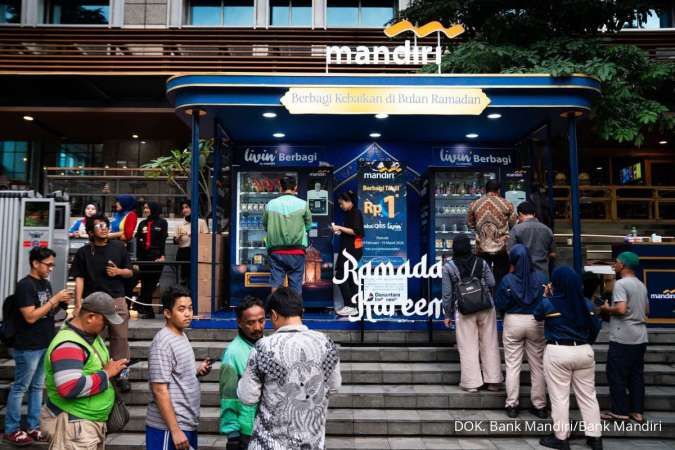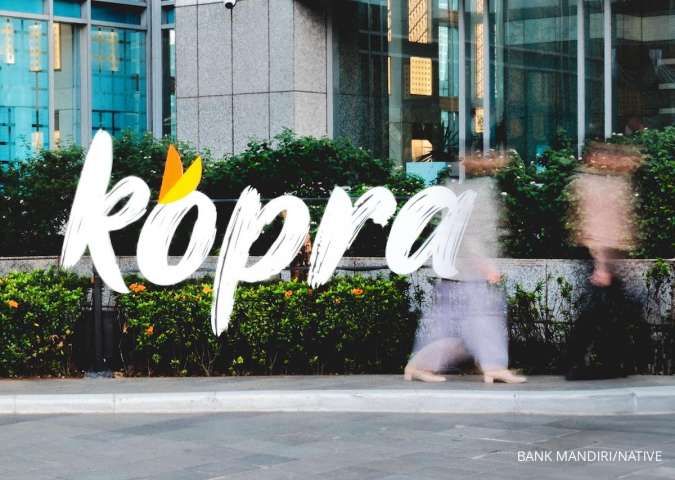KONTAN.CO.ID - JAKARTA. Indonesia's parliament has passed a new law overhauling tax regulations, aimed at increasing government revenues amid the economic recovery from the COVID-19 pandemic, while also making the tax system fairer. However, the timing of some of the tax measures, including raising the value added tax rate and overturning a plan to cut corporate tax rate, have been criticised by some business groups and analysts as the economy has yet to fully recover from the pandemic. Here are some of the measures in the law:
VALUE ADDED TAX HIKE The VAT rate will be raised from 10% now to 11% by next April, and to 12% by 2025. The government had originally sought to raise the rate to 12% in one go, but during the bill's deliberation process, agreed with parliamentarians to stagger the increase. The law removes some VAT exemptions previously applied to staple food and health and education services, but officials have said exemptions will remain for most basic necessities and VAT will be charged only on premium goods, such as wagyu beef or services for cosmetic purposes.
Baca Juga: Indonesian parliament to vote on major tax overhaul The VAT hike was among the most controversial measures in the law. Business groups have called for the hike to be delayed to give consumers more time to recover from the shock from the pandemic. The government said the inflation impact from the VAT rise will be limited. TAX HIKE FOR THE RICH, TAX CUT FOR THE MASSES The law raises the threshold for taxable income that gets a 5% rate to 60 million rupiah ($4,210.53) per year from 50 million rupiah. This is effectively a tax cut for all taxpayers. However, it also brings in a new 35% tax rate for income band of over 5 billion rupiah. Officials have said will only affect less than 1% of the individual taxpayers currently in the system. CANCELLING A CORPORATE TAX CUT, BUT NO MINIMUM TAX The law overturns 2020 legislation that mandated the corporate tax cut be cut to 20%, from 22% now. That means next year's rate will be unchanged.
However, lawmakers did not approve the government's proposal for a minimum corporate tax proposal for companies that have reported losses for years and are suspected of tax avoidance.
Baca Juga: Indonesia conducts test flight using jet fuel mixed with palm oil Some analysts have said the government should have stuck with the corporate tax cut plan, as some firms in the retail, transportation and hospitality sectors are still struggling. Law Minister Yasonna Laoly said the corporate tax was kept steady because the rate was already below what some other Southeast Asian and G20 countries charge.

